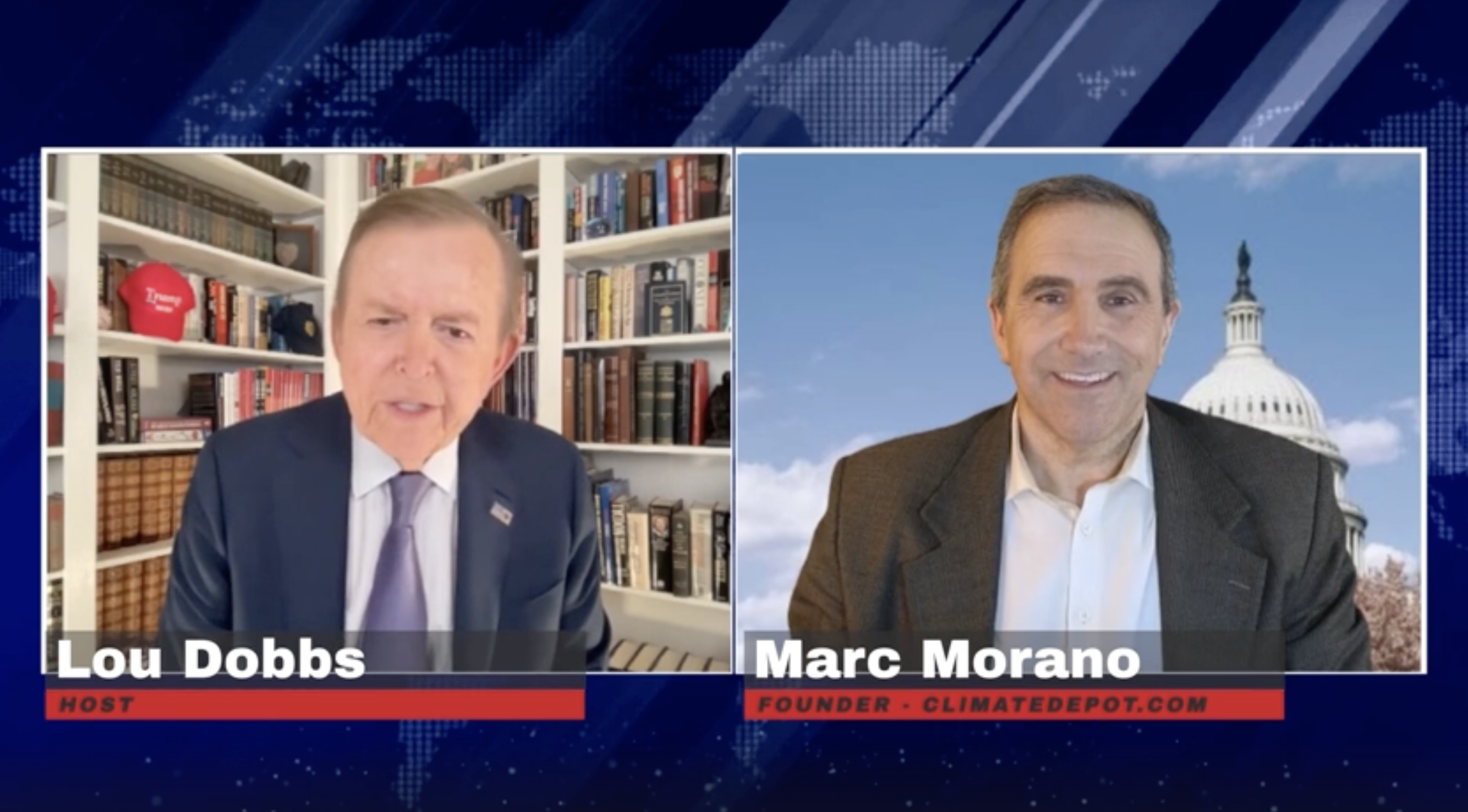https://nofrakkingconsensus.com/2018/07/06/anthropocene-the-medias-fake-geological-epoch/
By Donna Laframboise
Anthropocene: The Media’s Fake Geological Epoch
SPOTLIGHT: Forget reporting facts. Journalists pick sides and spread false news.
BIG PICTURE: The Breakthrough Institute is known for its sensible approach to environmental questions. The current issue of its journal includes a tour de forcetitled “Welcome to the Narcisscene: Returning Humans to the Center of the Cosmos.”
Author Mark Sagoff spends 5,000 words discussing a topic that should appall anyone who worries about science being hijacked by politics. The short version is that there’s an international organization “responsible for naming and dating geologic periods, eras, and epochs.” Comprised of geologists, this organization has been under immense pressure to assert that planet Earth is no longer in the geological epoch known the Holocene.
For nearly 20 years, non-geologists such as Nobel-winning atmospheric scientist Paul Crutzen, have been insisting that a new epoch should be officially declared – one that acknowledges humanity’s influence on the planet. They think it should be called the Anthropocene. (In ancient Greek, anthrop means ‘human’.)
An article in the Smithsonian Magazine has observed that this is a “battle between geologists and environmental advocates.” For his part, Sagoff does a magnificent job of explaining the narcissistic, anti-scientific nature of the campaign.
In his words, “The Anthropocene makes humanity great again.” The clear implication is that puny humans are more important than natural forces that have been underway for hundreds of millions of years. Never mind the volcanoes, earthquakes, hurricanes, tsunamis, droughts, and monsoons over which we have no control. We humans apparently rule.
Let us be clear: this new epoch remains a proposal. The idea continues to be debated. There is an official process by which such things happen, and nothing of the sort has yet occurred.
How then do we explain the conduct of once reputable publishers? Rather than waiting for an official announcement, journalists decided the decision was somehow theirs to make. In 2011 – seven bleeping years ago – the cover of the The Economist declared: “Welcome to the Anthropocene: Geology’s new age.”
Two years later, academic publisher Elsevier chose to lend weight and credibility to such notions by launching a scientific journal wholly devoted to the Anthropocene.
The media has invented an alternative reality. Usurping the role of the proper authorities, it has presented one perspective in an ongoing debate as established fact. It has represented a mere possibility as a done deal. Advocacy. Wishful thinking. The explanation is beside the point.
The public does not expect news magazines to make stuff up. Moms and dads surfing the Internet, kids working on school projects. They have no way of knowing that that Economist cover is fiction.
TOP TAKEAWAY: Declaring something to be the case before it has actually happened is unethical. A more scandalous example of fake news is difficult to imagine.
LINKS:
- Breakthrough Journal, Welcome to the Narcisscene: Returning Humans to the Center of the Cosmos
- The Economist, Welcome to the Anthropocene (2011)
- press release, Elsevier Announces the Launch of a New Journal: Anthropocene (2013)
- Time, semi-tongue-in-cheek, Obituary: Remembering the Holocene Epoch (2016)
- Smithsonian Magazine What is the anthropocene and are we in it? (2013)
- No Sound Stratigraphic Basis for Anthropocene Designation (2015)
- press release, The Anthropocene: Scientists respond to criticisms of a new geological epoch(2017)







